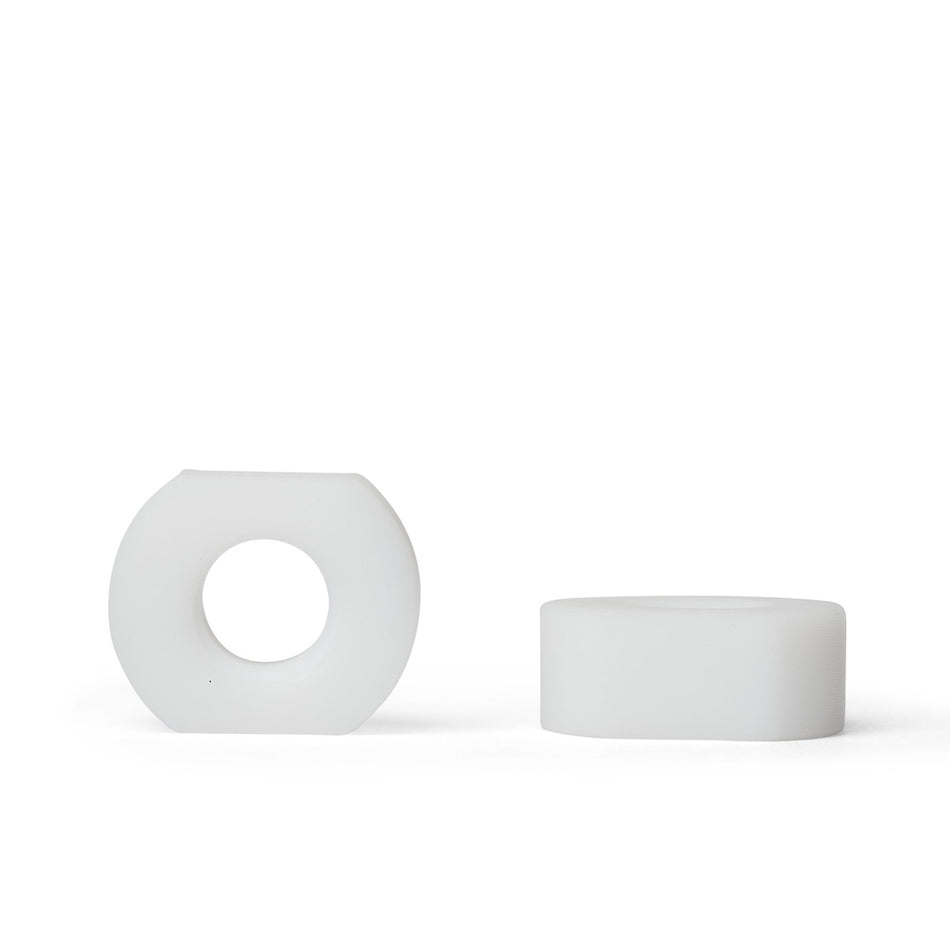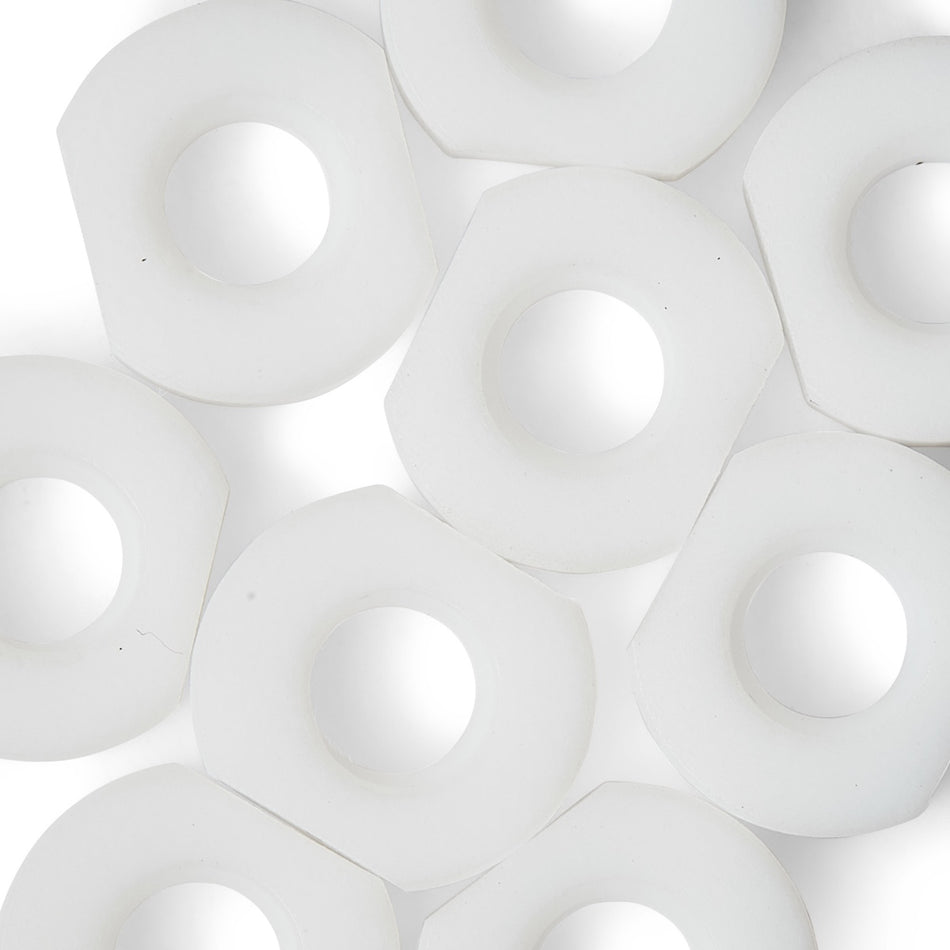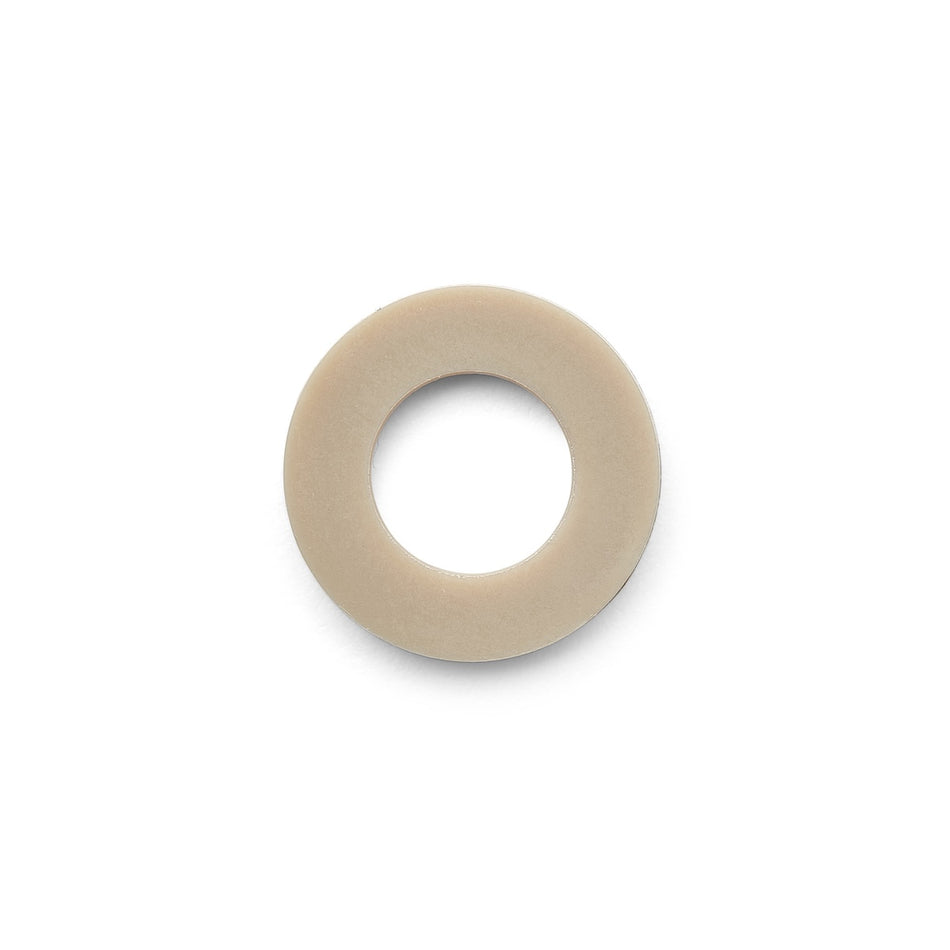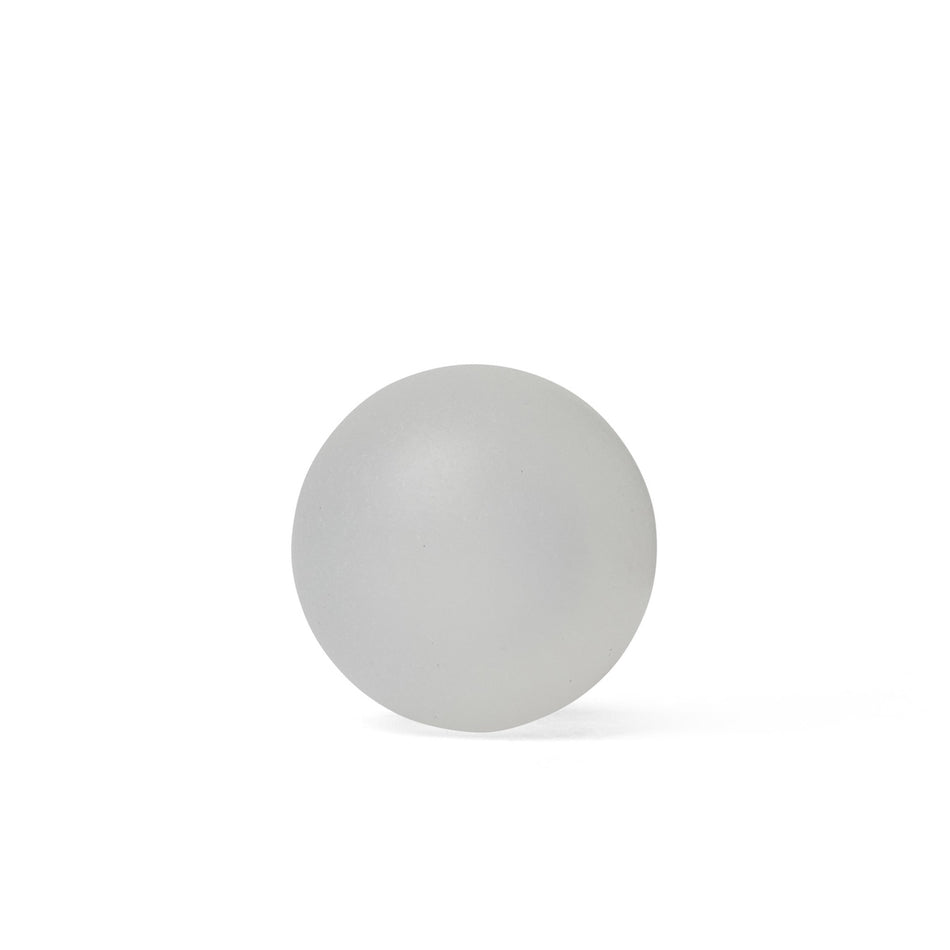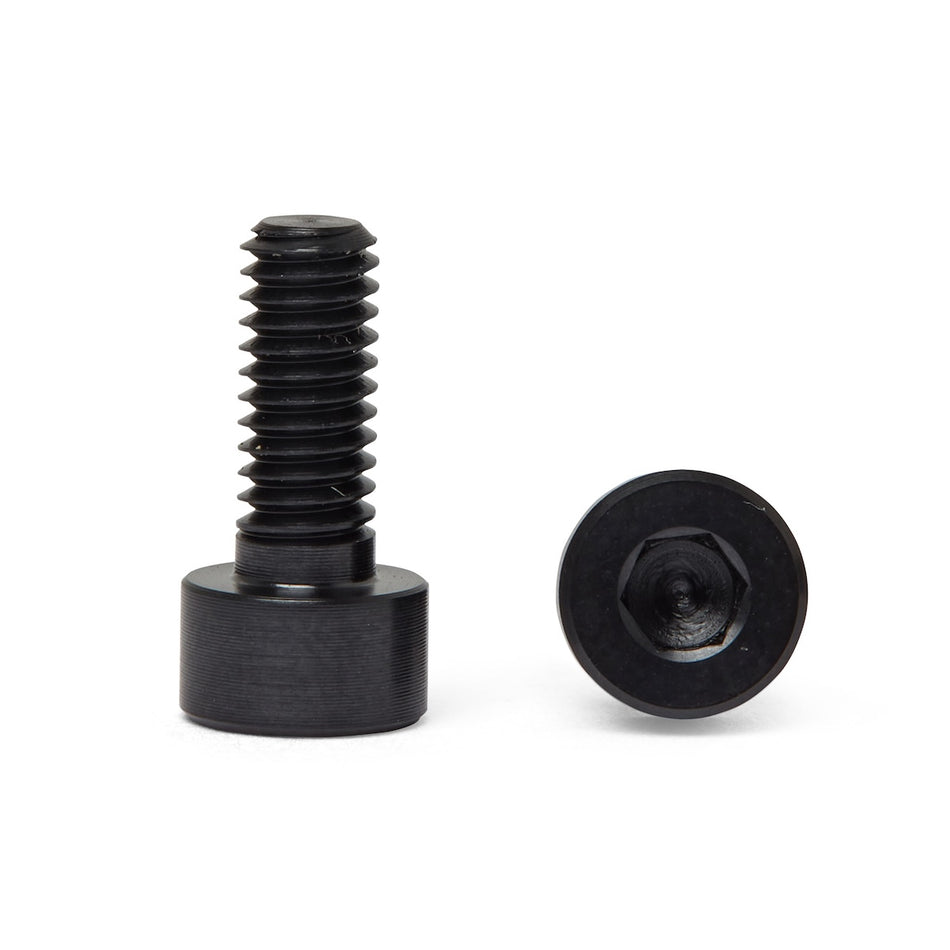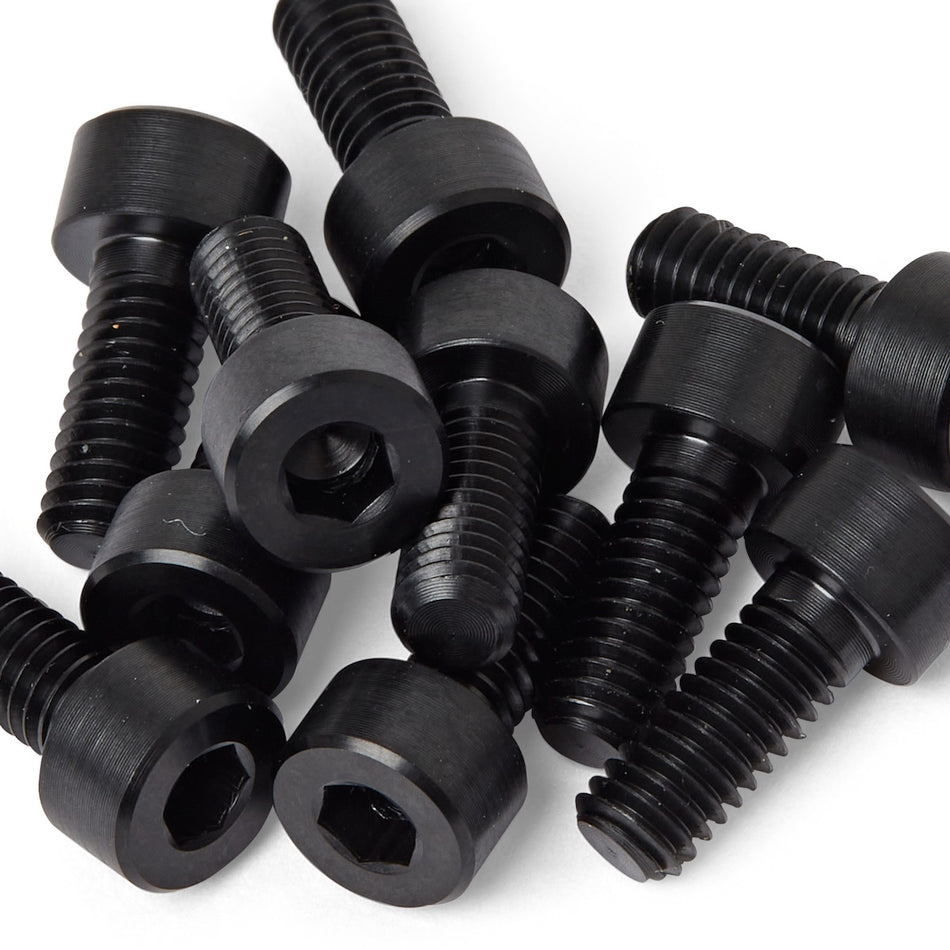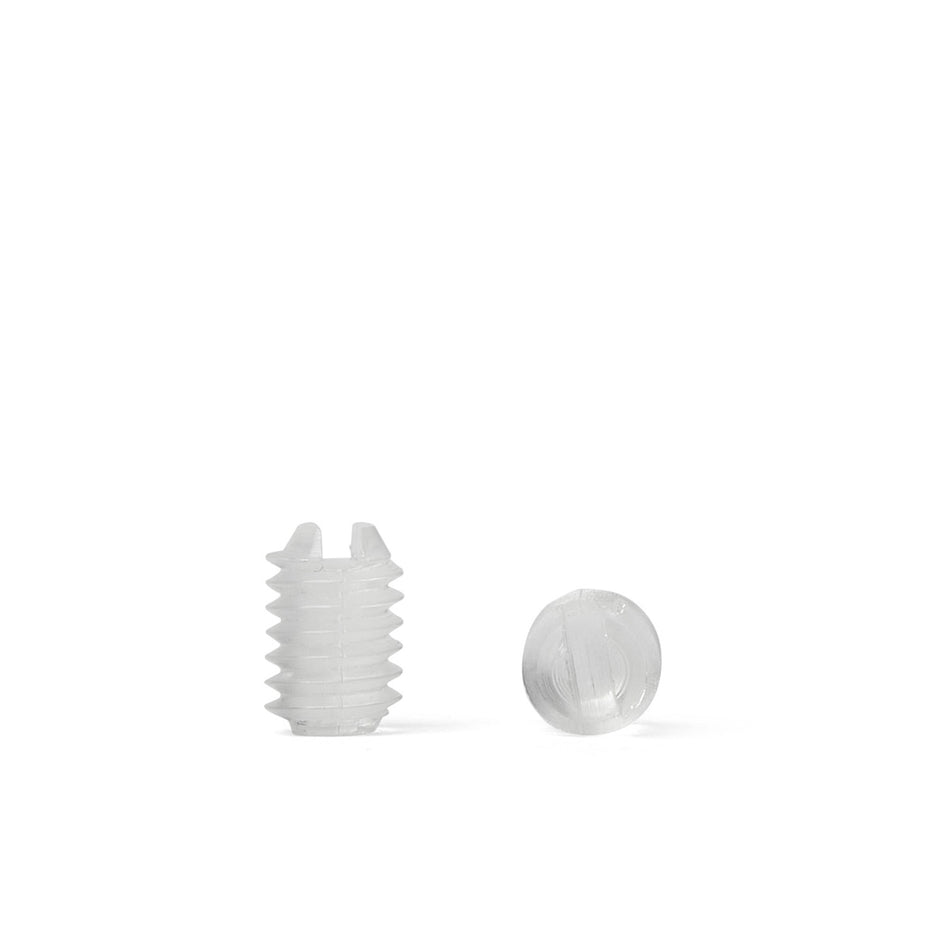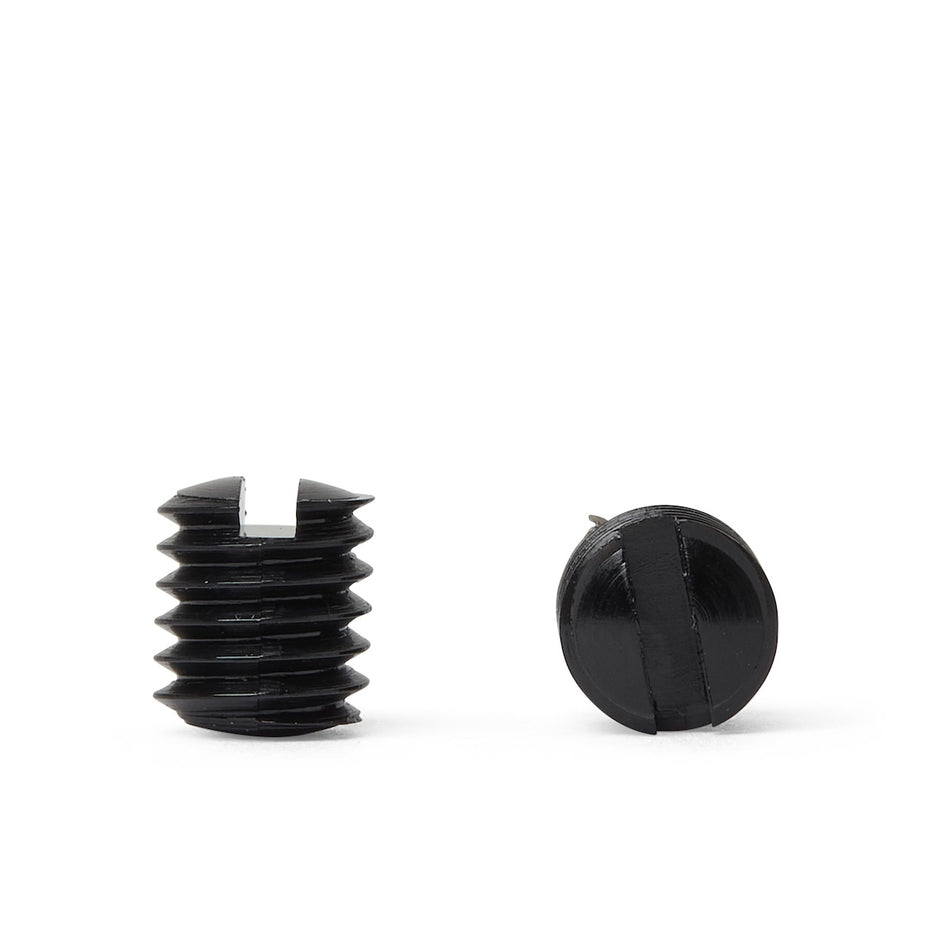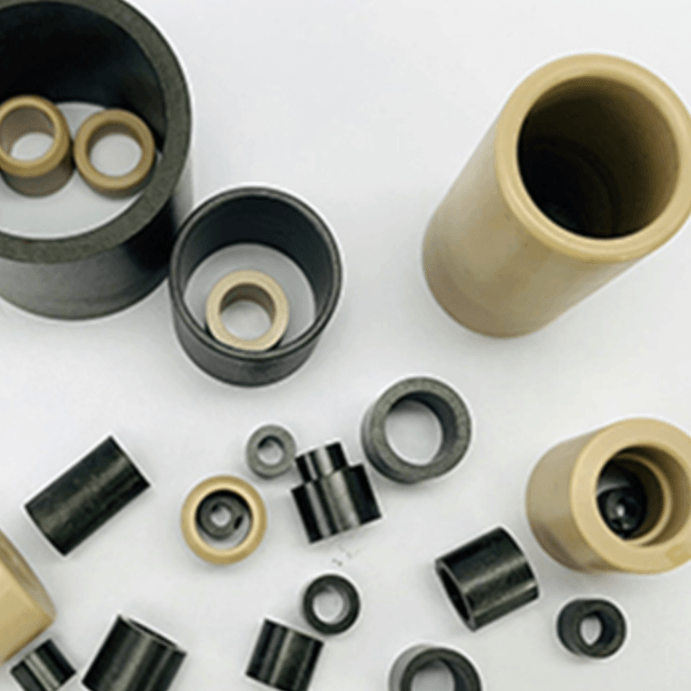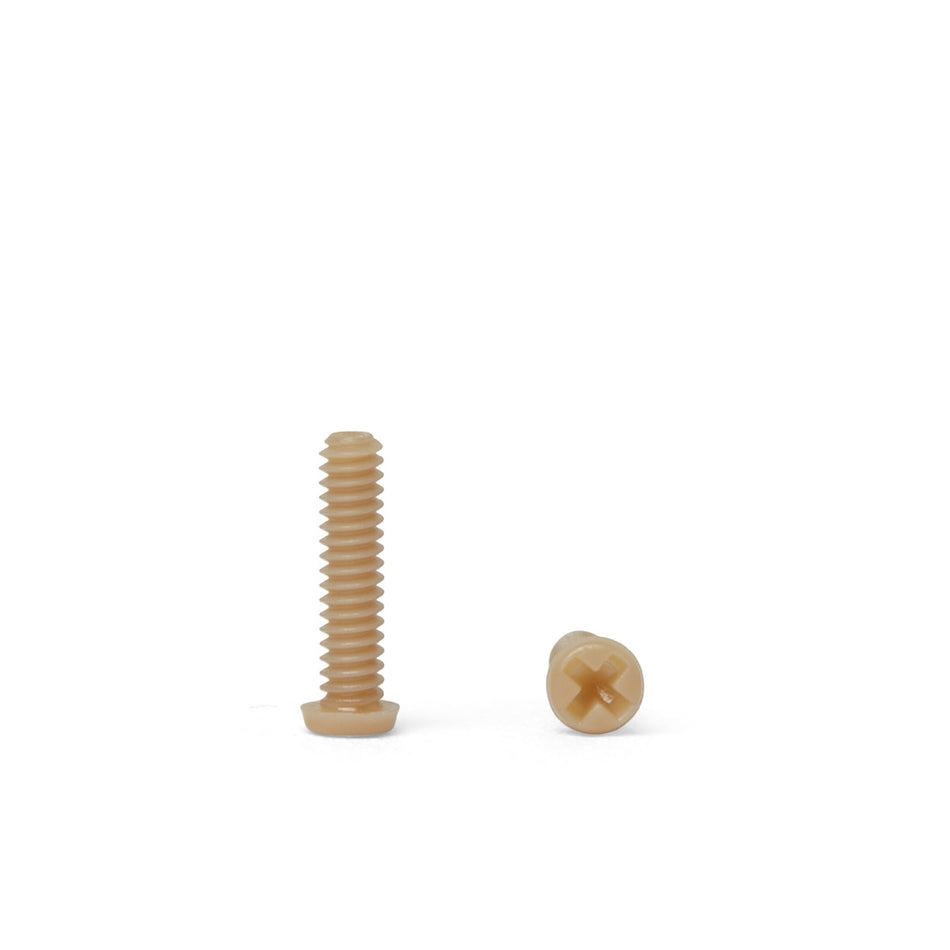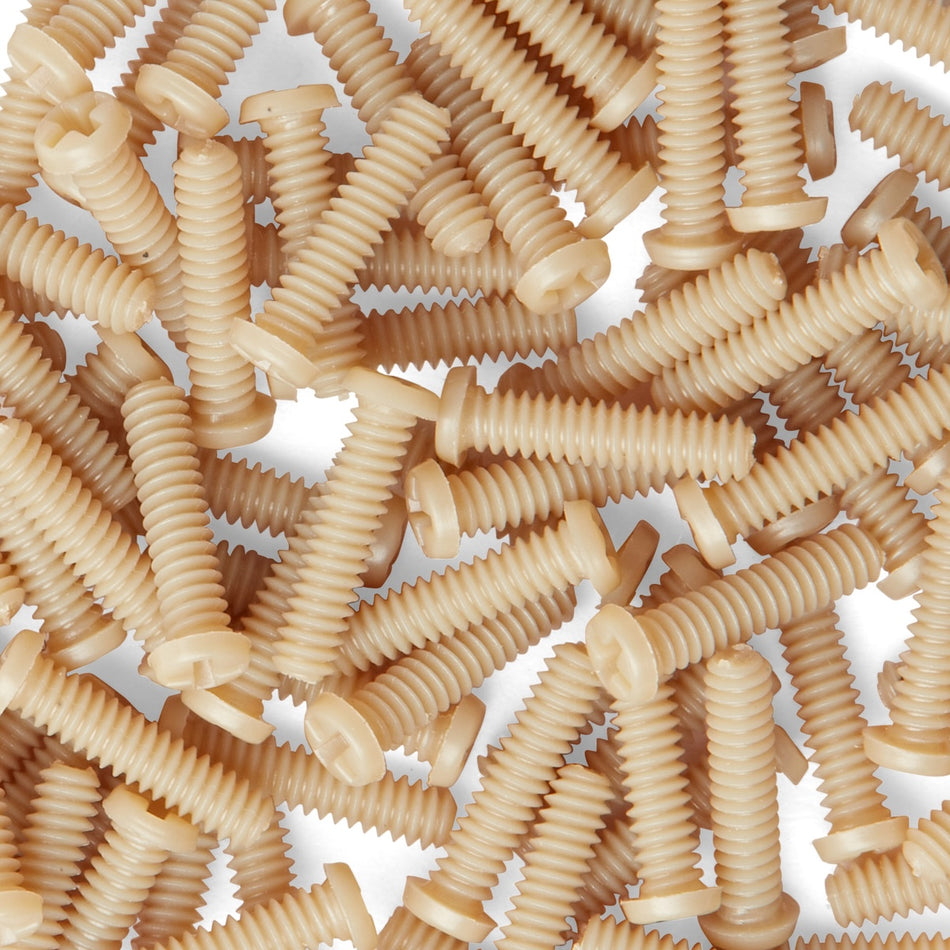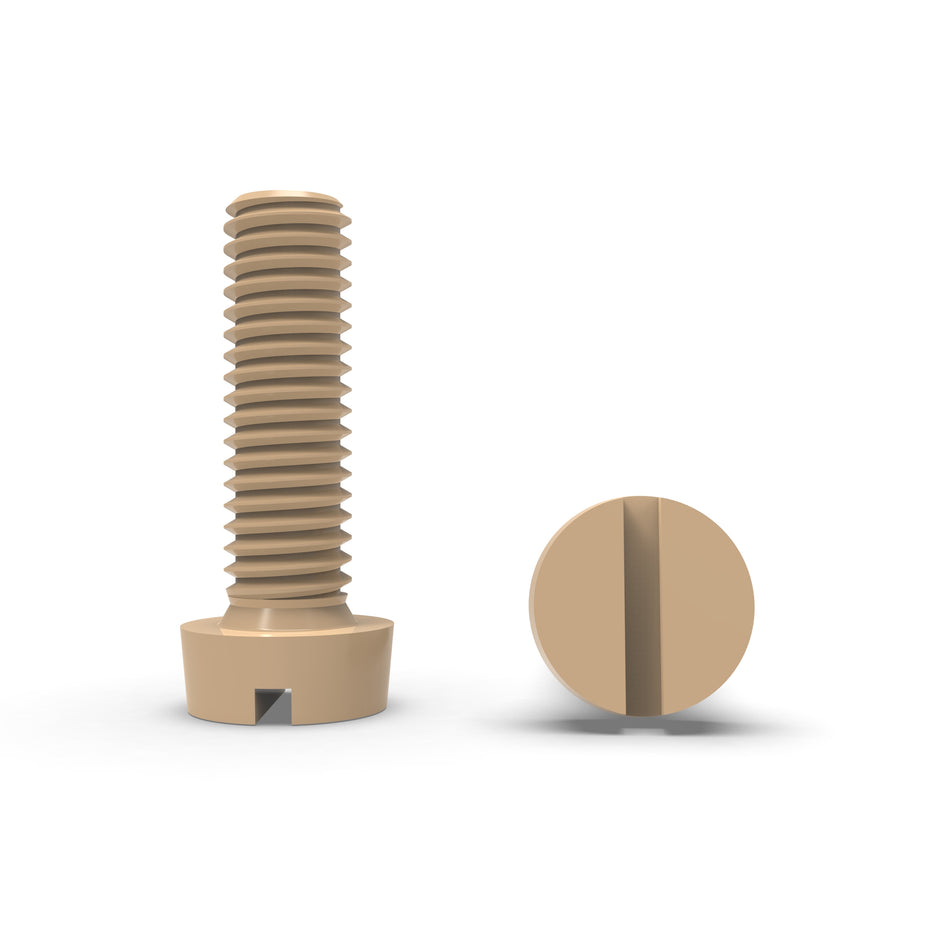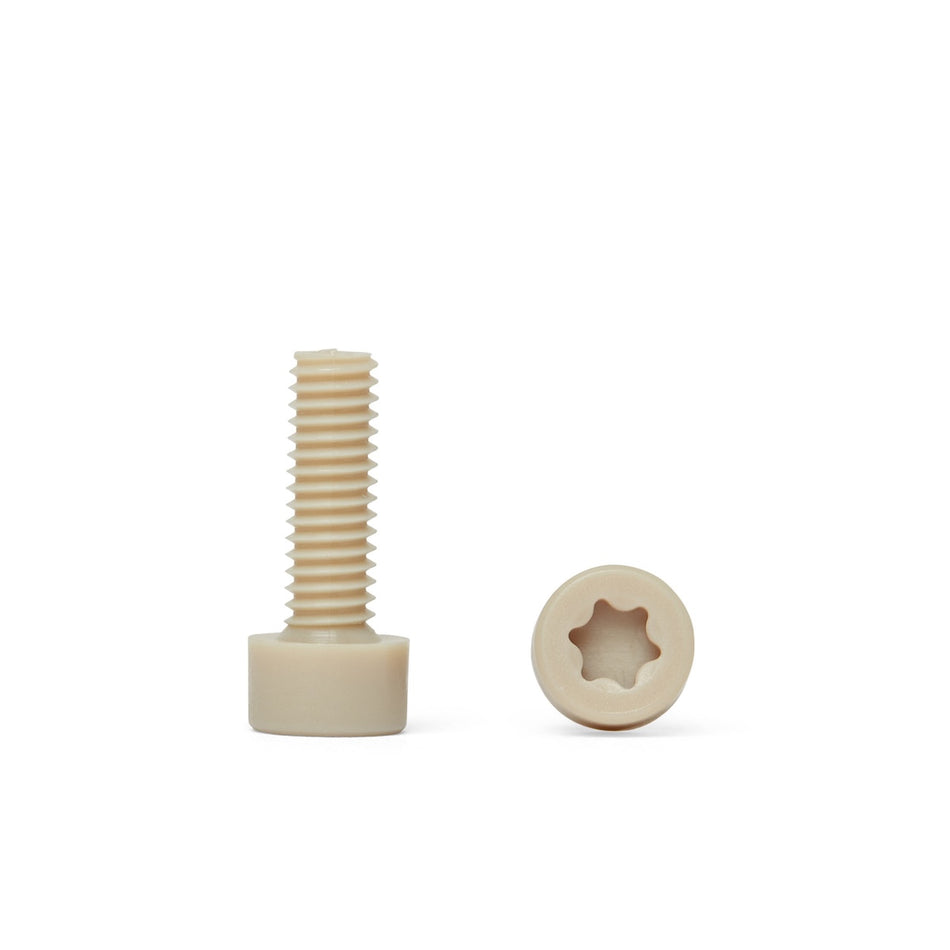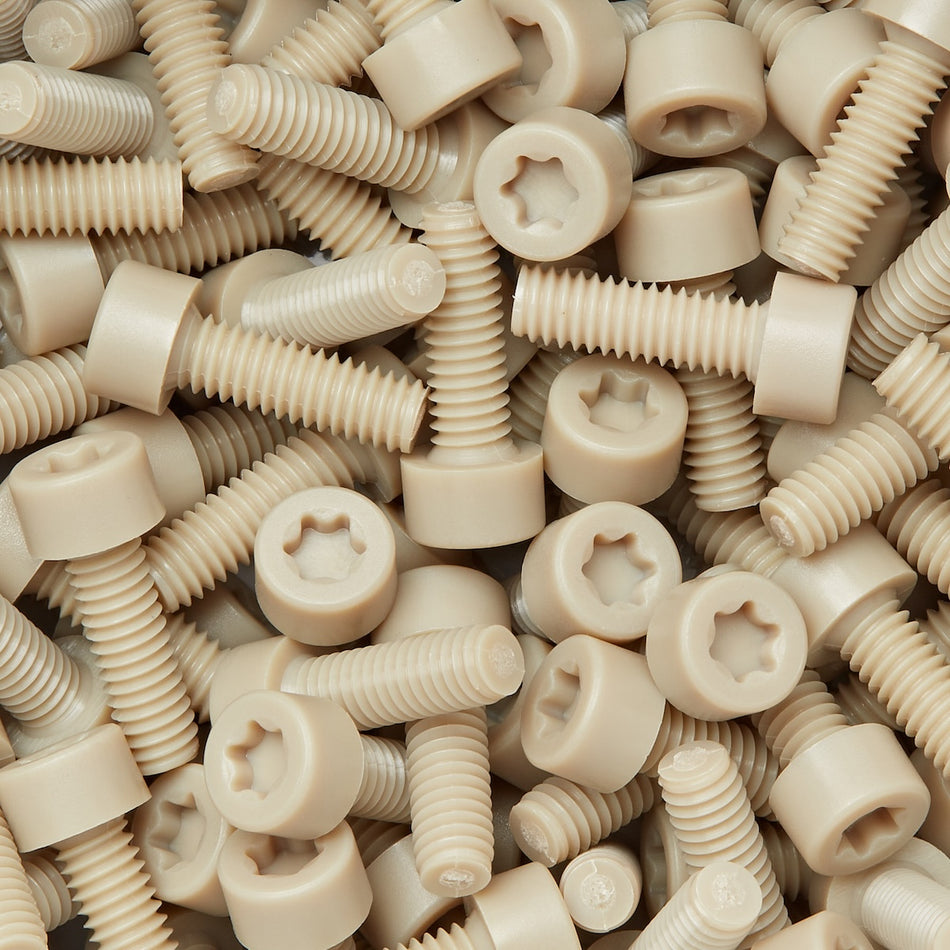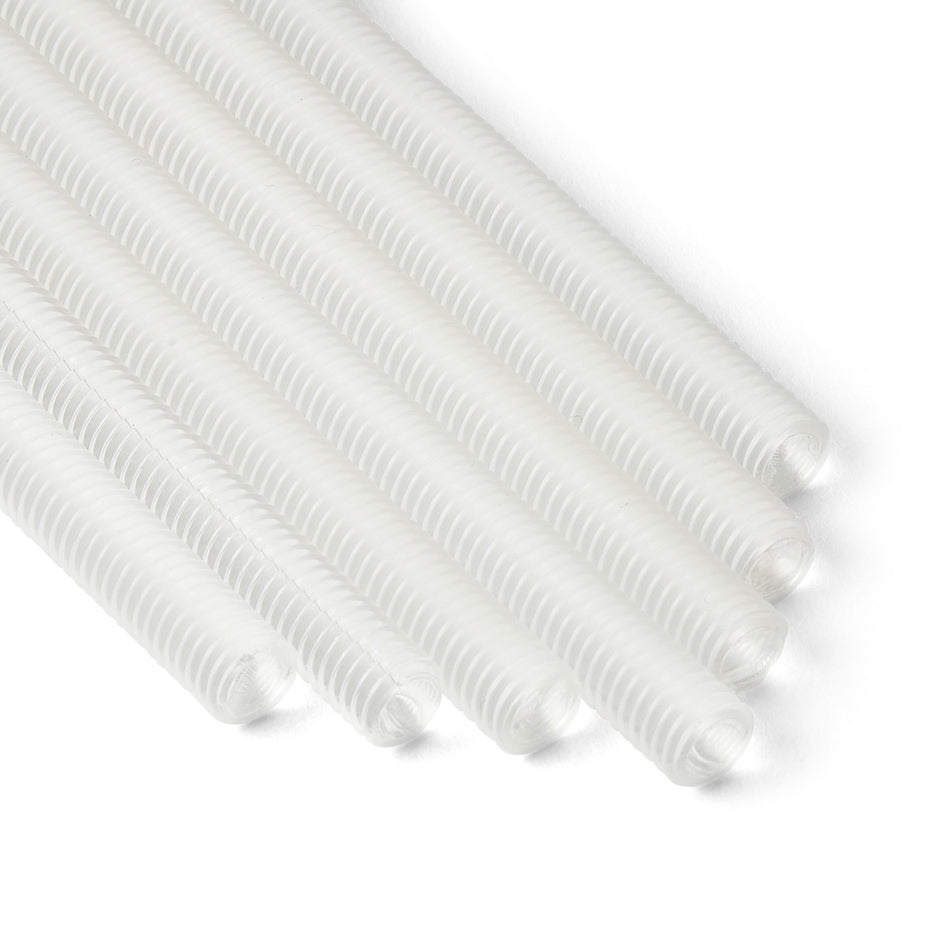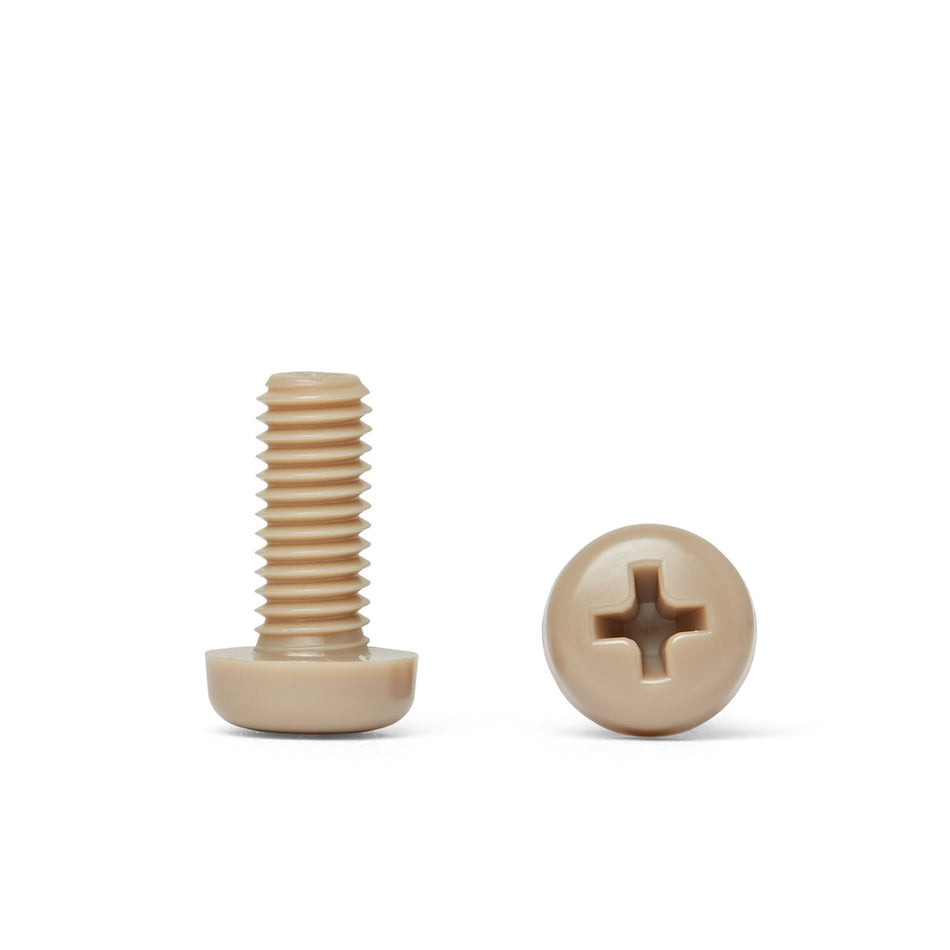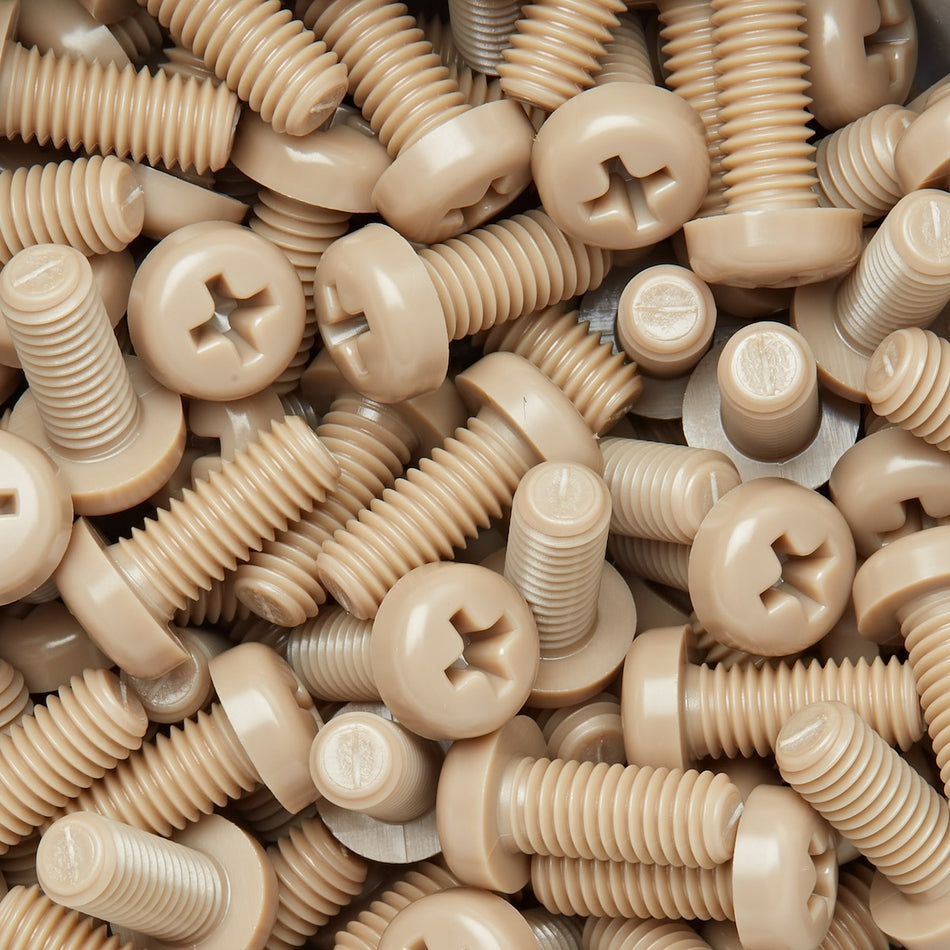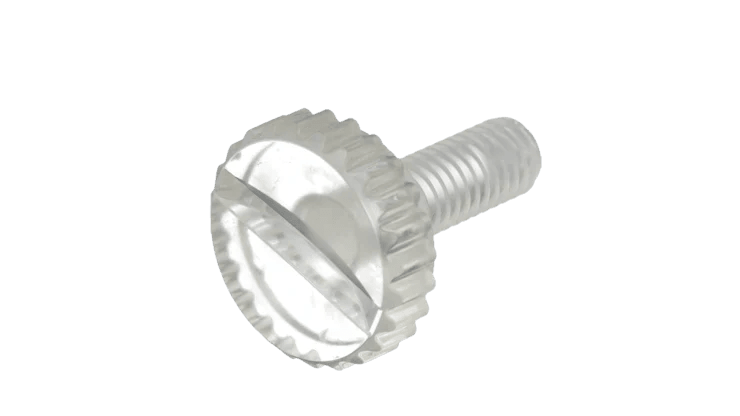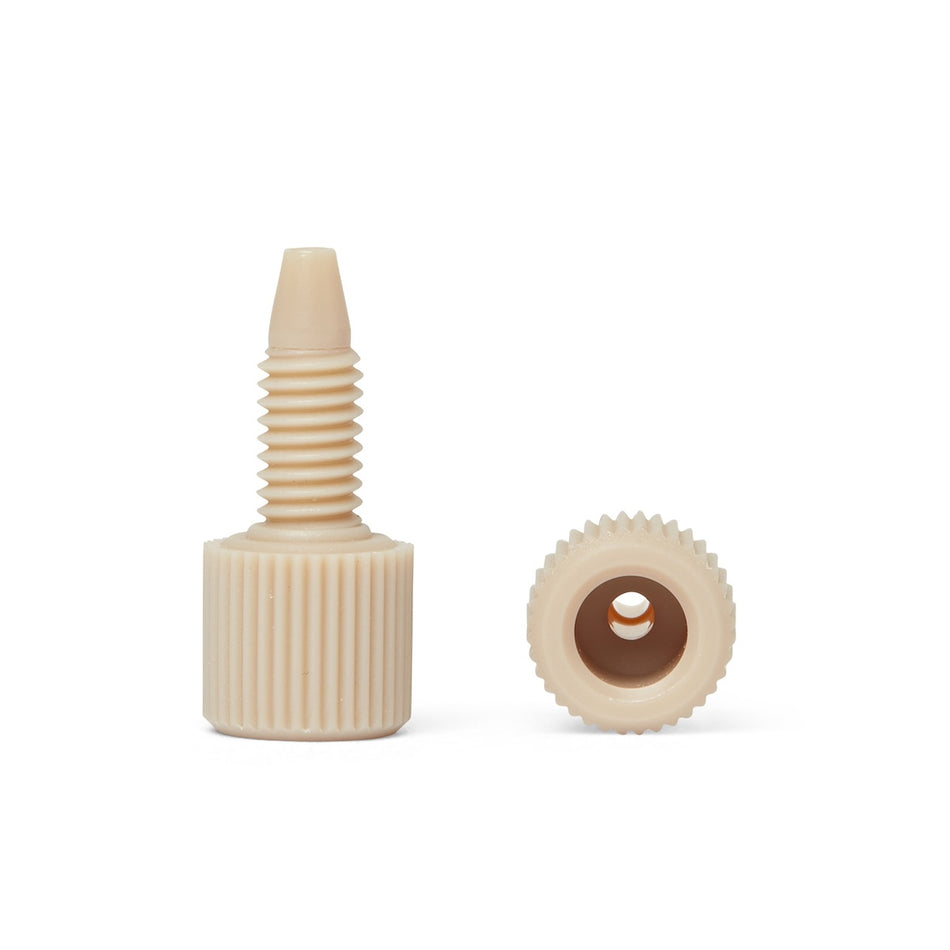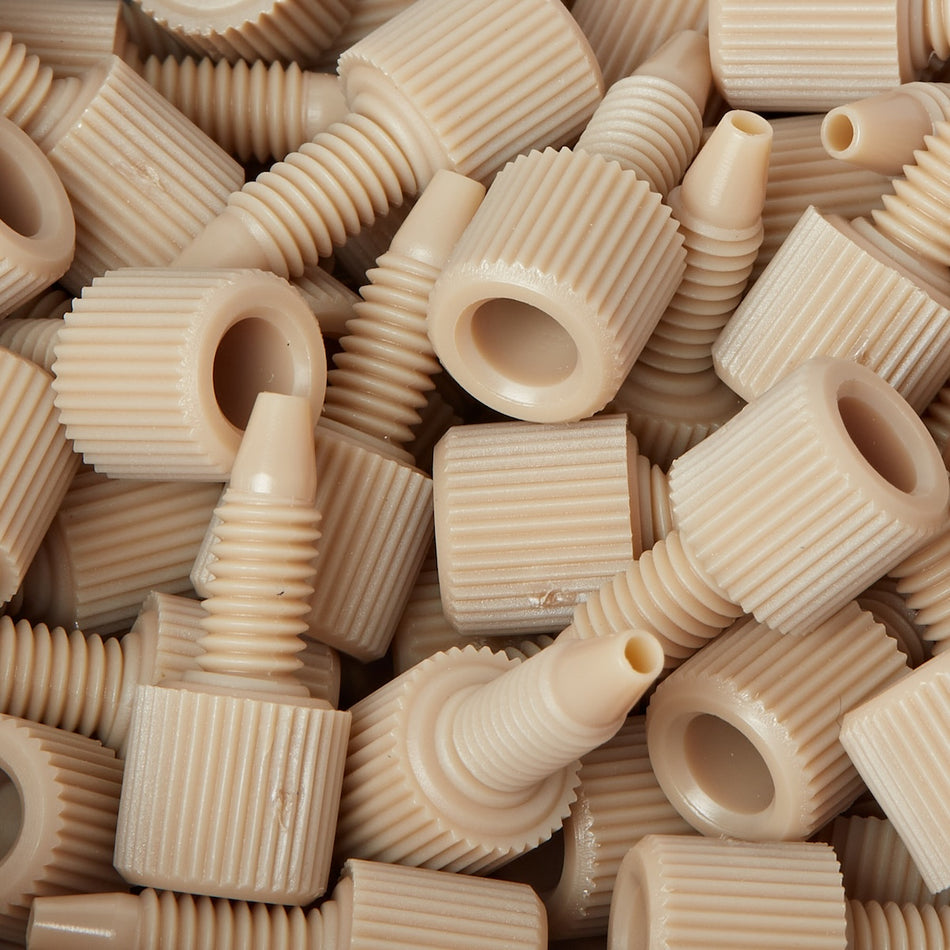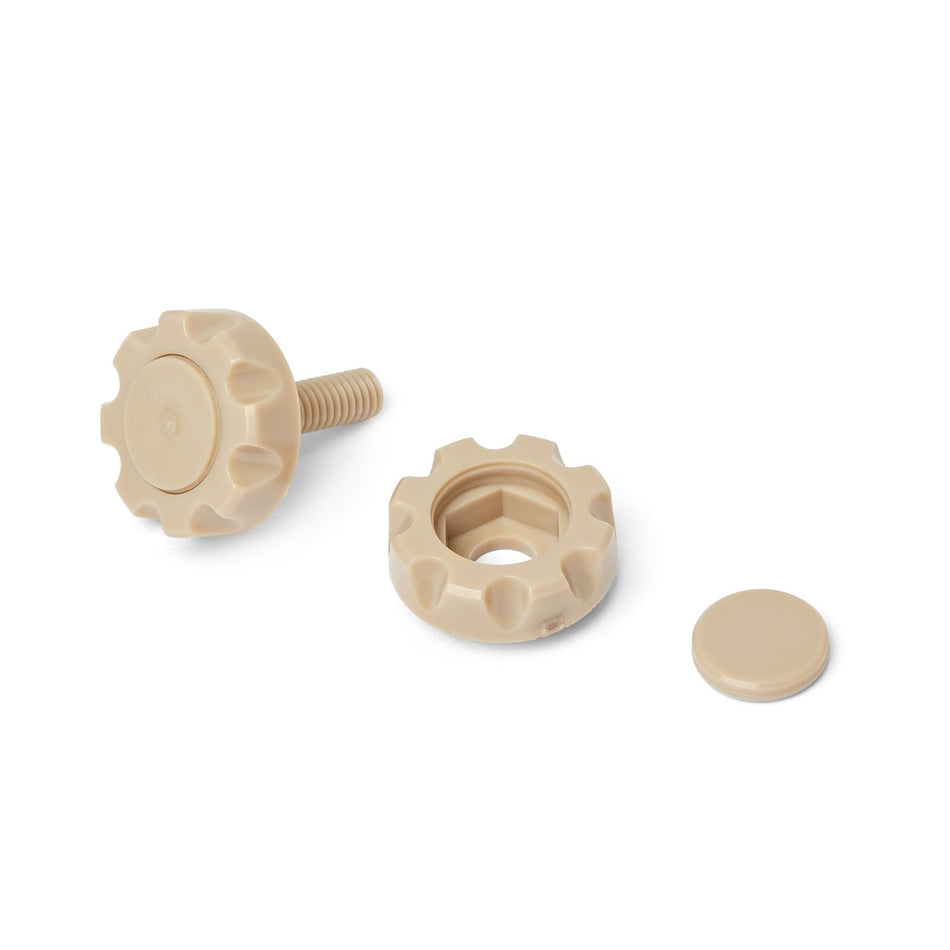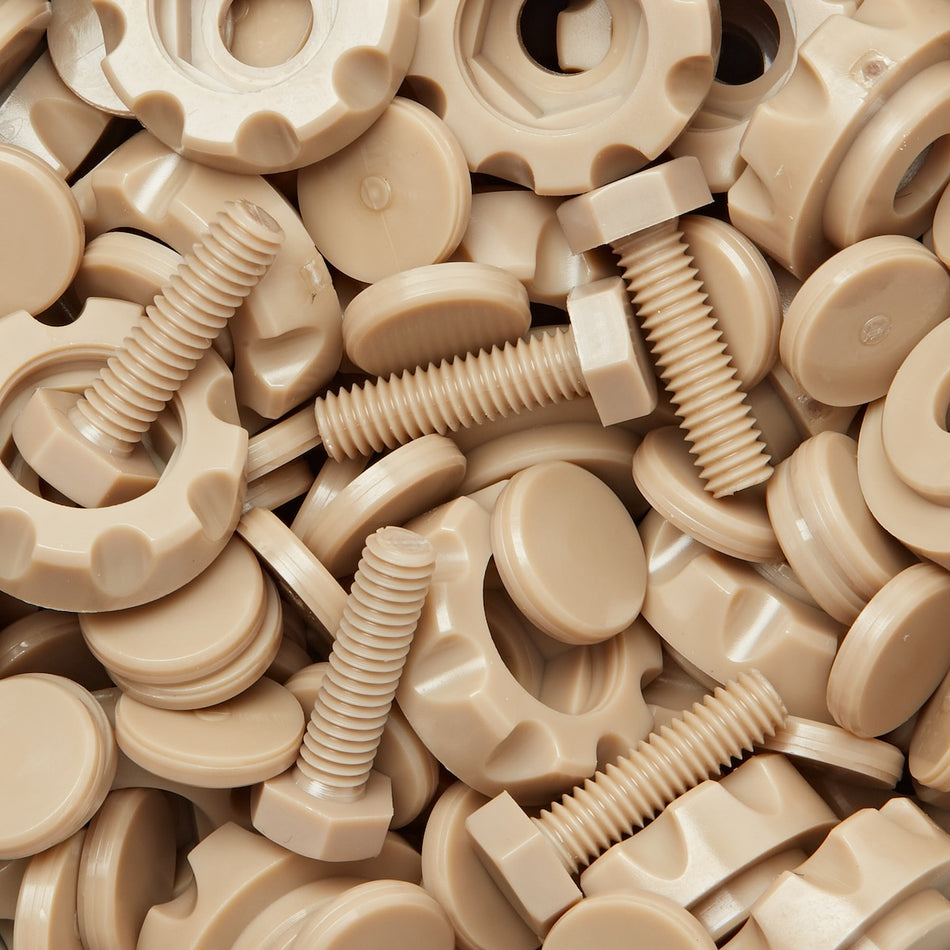107 Products

Neuro Science Solutions Industry uses Polymer Screws, Nuts, Bolts, Washers, and Fasteners
Polymer fasteners are made from plastic or composite materials and are used in a variety of applications as an alternative to traditional metal fasteners. They may be preferred due to their lightweight, corrosion-resistant, and insulating properties.
The neuro science industry encompasses a wide range of research areas, including neuroscience, neurobiology, and neuropsychology, and may involve the use of a variety of techniques and tools, such as brain imaging, neurostimulation, and brain-computer interfaces. It is possible that polymer fasteners may be used in the manufacturing and assembly of equipment and instruments used in neuro science research, such as neuroimaging equipment, neurostimulation devices, and brain-computer interfaces. These fasteners may be used to secure and attach components and sensors, or to fix and secure samples and specimens.
The neuro science solutions industry is made up of companies and organizations that provide products and services related to the study of the nervous system and the brain. This includes companies that develop software and other tools for analyzing and interpreting brain data, as well as companies that develop products and therapies for treating neurological disorders.
Some examples of products and services offered by companies in the neuro science solutions industry include:
- Neuroimaging software and hardware: tools for collecting and analyzing brain imaging data, such as functional magnetic resonance imaging (fMRI) and electroencephalography (EEG)
- Neurostimulation devices: devices that use electrical or magnetic stimuli to stimulate the brain or nervous system, such as deep brain stimulators and transcranial magnetic stimulation (TMS) devices
- Neuropharmaceuticals: drugs and other therapies used to treat neurological disorders, such as epilepsy, Parkinson's disease, and Alzheimer's disease
- Brain-computer interfaces: technologies that allow users to control devices or computers with their thoughts
Overall, the neuro science solutions industry plays a vital role in advancing our understanding of the brain and the nervous system, and in developing treatments and therapies for neurological disorders.

